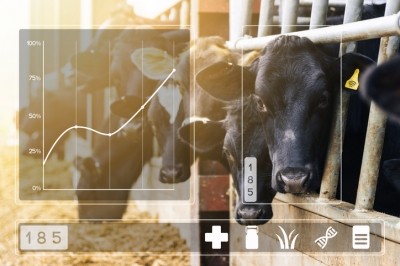Israeli insect start-up Entoprotech raises US$2m from Granot

Granot, which is one of the largest agricultural cooperatives in Israel, will also co-finance the establishment of a large production facility in Israel for Entoprotech as part of a new strategic partnership, in addition to assessing facilities in the Middle East and Africa in due course, according to the insect producer.
Entoprotech said it plans to work with local partners to build new facilities; it is currently in negotiations with companies from the UAE, Canada, the USA, Mexico and Russia in that respect.
The Israeli startup’s business model is focused around various applications of the black soldier fly (BSF). Its products include defatted insect meal that replaces fishmeal in animal feed and aquaculture, fat, currently used as feed, but with potential uses in cosmetics and pharmaceuticals, and frass a fertilizer.
Russian entrepreneur, Naum Babaev, the founder of the Russian dairy company, Rusmolco, and joint owner of the Damate group, a large agricultural holding, set up Entoprotech five years ago, with the initial idea of using BSF to manage turkey manure.
Now headquartered in Israel, the startup operates a R&D center in that country and a pilot production facility in Russia that processes 15 tons of organic waste each day and provides waste management services to several food multinationals.
Academic collaboration
Last year the company said it was looking to develop newer, more high-margin products, and was collaborating with Israeli academics in this regard.
Sasha Babitsky, CEO, Entoprotech, told us in September 2020: “There is so much to discover and to learn about BSF. We are just scratching this surface, and, because of that, we decided not to define ourselves as AgTech or cleantech, biotech or foodtech, as we are kind of sitting on the crossroads of all of those.
“Half of the effort of our R&D department is on process improvements and ensuring the universality of operations. We are paying a lot of attention to the shortening of life cycles, and we just had a breakthrough on energy efficiency; through a series of experiments, we have managed to dramatically reduce the energy needed in the process of reading BSF.
“The other half of the R&D effort is focused on advanced products. We are working with a group from Hebrew University on anti-inflammatory features of BSF, for example.”
One of the biggest challenges for the insect processing sector, said the CEO in autumn last year, is to learn about and fully understand food waste streams, as a stable supply of feedstock for insect rearing is critical. “In each location where we are exploring a potential facility set-up, we are looking for a local partner so we can get access to the local knowledge and resources.”












